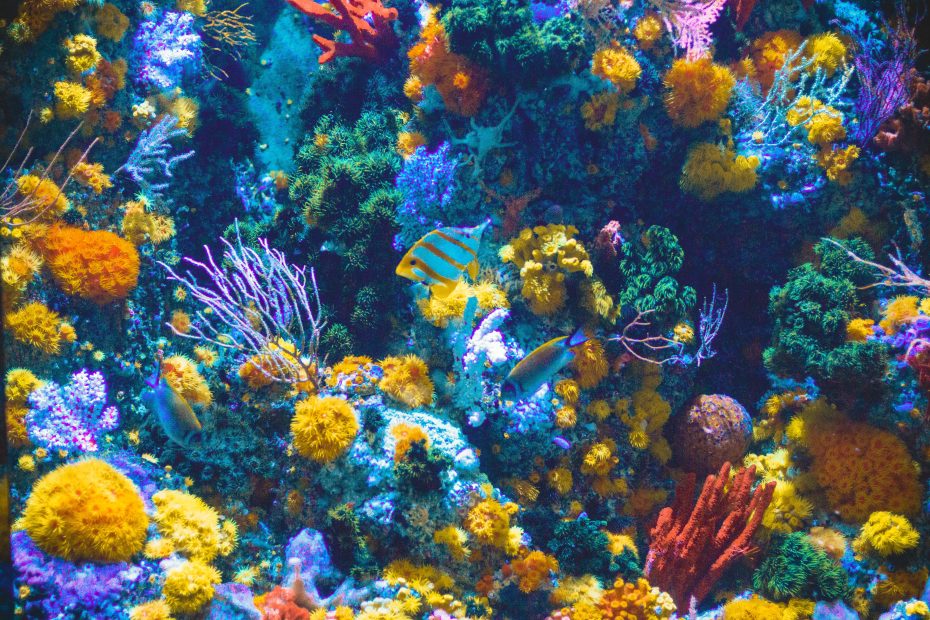Table of Contents
Introduction
Scuba diving involves breathing underwater using self-contained underwater breathing apparatus (scuba). This exciting activity allows divers to stay submerged for extended periods and explore the wonders of the underwater world. Scuba diving in Pakistan has steadily grown in popularity over the past few decades. With an abundance of marine life and beautiful seascapes, the country offers world-class scuba diving opportunities.
Why Scuba Dive in Pakistan?
Pakistan has over 1,000 kilometers of coastline along the Arabian Sea and the Indian Ocean. Its warm tropical waters are home to a diverse array of marine species. Here are some of the top reasons to go scuba diving in Pakistan:
-
Abundant marine life – Scuba divers can encounter whale sharks, manta rays, moray eels, barracuda, grouper, and more. The coral reefs support colorful fish like clownfish, angelfish, butterflyfish, and parrotfish.
-
Diverse landscapes and ecosystems – Pakistan offers a range of diving environments including rocky reefs, wall dives, drift dives, wreck dives, and more. Each area has its own unique biodiversity.
-
Affordable prices – Scuba diving in Pakistan is very economical compared to most other international destinations. Equipment rental, dives, accommodation, and food cost a fraction of the price.
-
Fewer crowds – Unlike popular hotspots like Thailand and Australia, scuba diving sites in Pakistan are relatively peaceful and uncrowded. Divers can truly immerse themselves in the tranquil setting.
Top Spots for Scuba Diving in Pakistan
From the sandy beaches of Karachi to the crystal clear waters of the Makran coast, Pakistan’s seas offer fantastic scuba diving. Here are 5 of the top scuba diving destinations in Pakistan:
Astola Island
Astola Island, also known as Jezira Haft Talar or ‘Island of the Seven Hills’, lies 39 km off the coast of Balochistan. The uninhabited island is globally renowned for its scenic beauty and rich marine life.
Marine life – Astola has prolific coral reefs that are home to hundreds of fish species like snappers, fusiliers, and surgeons. Sea turtles, reef sharks, manta rays, octopuses and even whale sharks can be spotted here.
Diving conditions – Excellent visibility, depths up to 40 meters, water temperatures of 20-30°C. Strong currents require advanced diving skills.
Churna Island
Located 15 km southwest of the Cape Monze headland, Churna Island offers some of the most spectacular diving in Pakistan.
Marine life – Sea fans, sponges and soft corals carpet the underwater seascape. Spot moray eels, barracuda, angelfish and even dolphins.
Diving conditions – Mostly shallow reefs ranging 5-18 meters deep. Excellent visibility of up to 30 meters. Ideal for beginner and intermediate divers.
Jiwani Coastal Waters
The sleepy fishing town of Jiwani sits along the scenic Makran coastline. Jiwani’s picturesque bays and headlands harbor rich marine biodiversity.
Marine life – Find large groupers, snappers, butterfly fish, rabbitfish, pufferfish and more. During winter, spotted dolphins frequent these waters.
Diving conditions – Shallow reefs, rocky bottoms and wall dives ranging 5-25 meters deep. Clear waters offer great visibility.
French Beach
Located near the popular Hawksbay beach in Karachi, French beach earned its name after a French naval vessel sunk just offshore in the 19th century.
Marine life – Coral carpets, parrotfish, triggerfish and the occasional reef shark. Hawksbay next door offers chances of seeing turtles.
Diving conditions – Most sites are ideal for beginner divers with depths of 6-12 meters and good visibility. Some advanced drift dives available.
Hawke’s Bay Beach
This scenic beach in Karachi offers great shore diving thanks to its shallow reefs and colorful marine life.
Marine life – Find wrasses, damselfish, angelfish, butterflyfish and more amidst healthy corals. Green sea turtles often swim in the region.
Diving conditions – Shallow sandy bottoms and reefs ranging 2-10 meters in depth. Perfect for snorkelers and novice divers.
Planning Your Scuba Diving Trip to Pakistan
To make the most of your scuba diving holiday in Pakistan, keep these tips in mind:
Best time to visit – September to May offer ideal diving conditions. Water visibility and temperatures are optimal. Peak season runs from October to April.
Choosing a scuba diving company – Do thorough research to pick a reputable dive center or charter with experienced instructors and well-maintained gear. Get recommendations from other divers.
Cost considerations – Expect to pay around PKR 5,000-10,000 per dive. Packages covering accommodation, meals and multiple dives offer savings.
Safety tips – Only dive with a certified guide, follow their instructions and stay close to your buddy. Avoid touching coral and marine creatures. Keep hydrated.
Conclusion
With its spectacular diving sites teeming with marine life, Pakistan promises underwater adventures beyond your imagination. The affordable costs, lack of crowds and variety of locations allow you to craft your perfect scuba diving itinerary. Don’t miss out on scuba diving in Pakistan – this underwater paradise will surely take your breath away!
FAQs
What is the best time of year for scuba diving in Pakistan?
The best time is from September to May when seas are calmer, temperatures are comfortable, and visibility is optimal. Peak season runs from October to April.
What level of scuba diving certification do I need?
Beginners can start with a discovery dive or PADI Scuba Diver course. Intermediate divers should have an Open Water certification. Some Pakistan sites require Advanced certification.
What should I wear for scuba diving in Pakistan?
You’ll need a full wetsuit, BCD, regulator with octopus, dive computer, mask, fins, boots, and weights. Some sites require a drysuit in winter.
What marine life can I see while scuba diving in Pakistan?
Some highlights include whale sharks, manta rays, sea turtles, moray eels, grouper, barracuda, reef sharks, dolphins, colorful coral fish like clownfish, and more.
Which areas in Pakistan offer the best wreck diving opportunities?
Top wreck diving is found off Astola Island and near Gwadar. Churna Island, Hawke’s Bay and Ormara also have some wrecks. Advanced certification is required.
